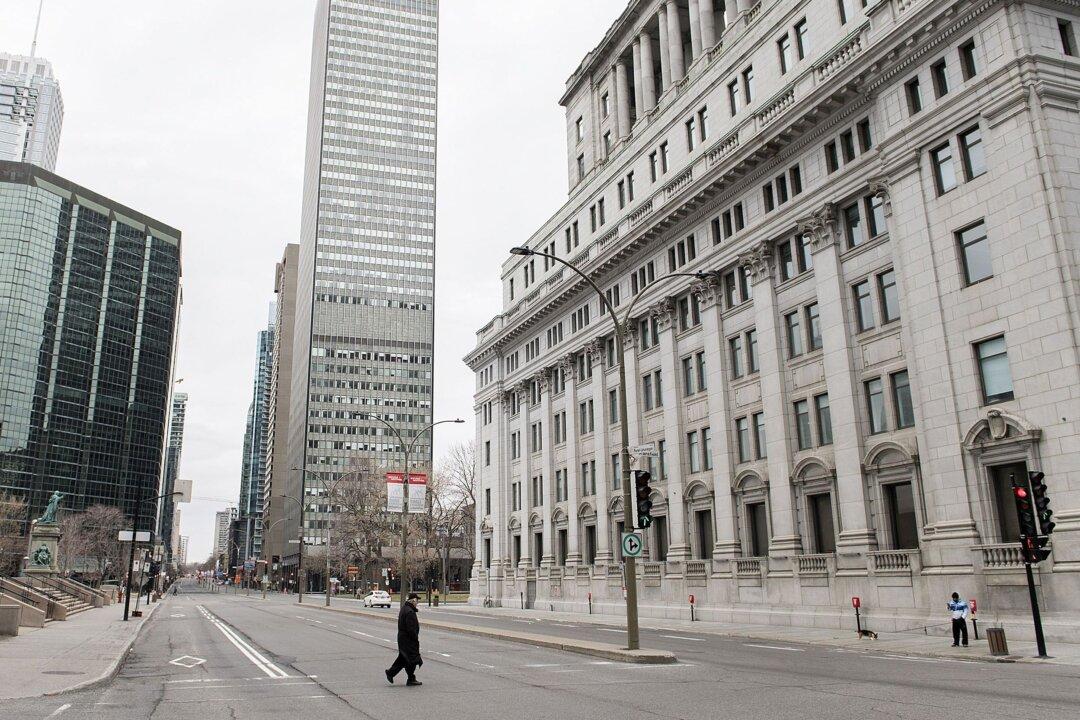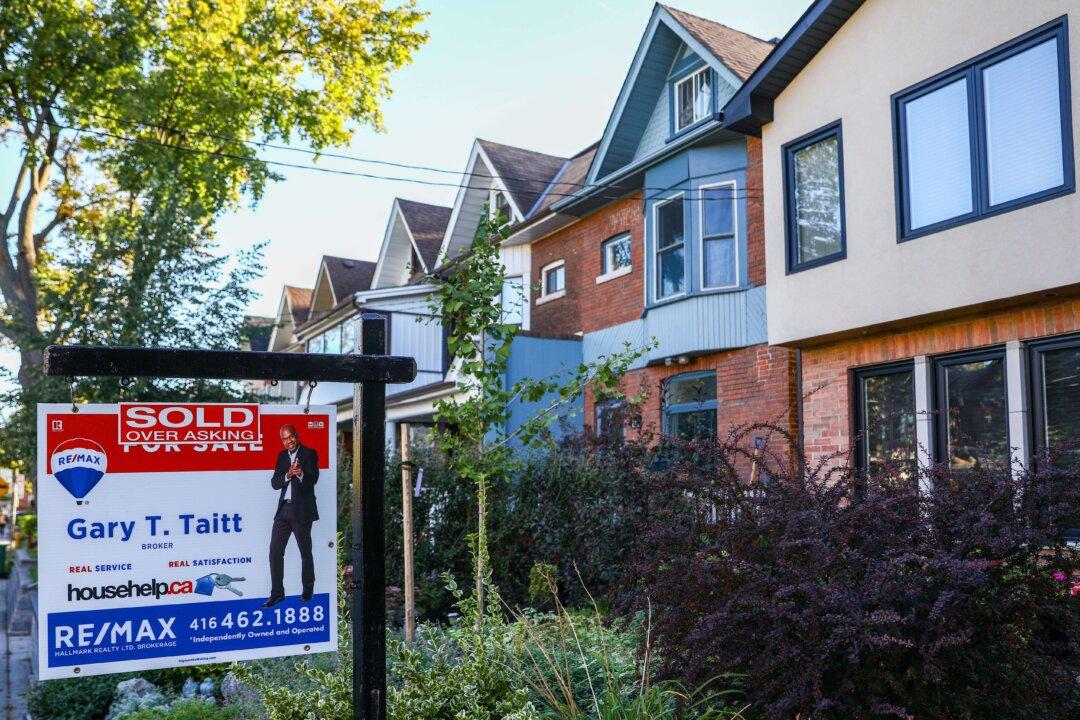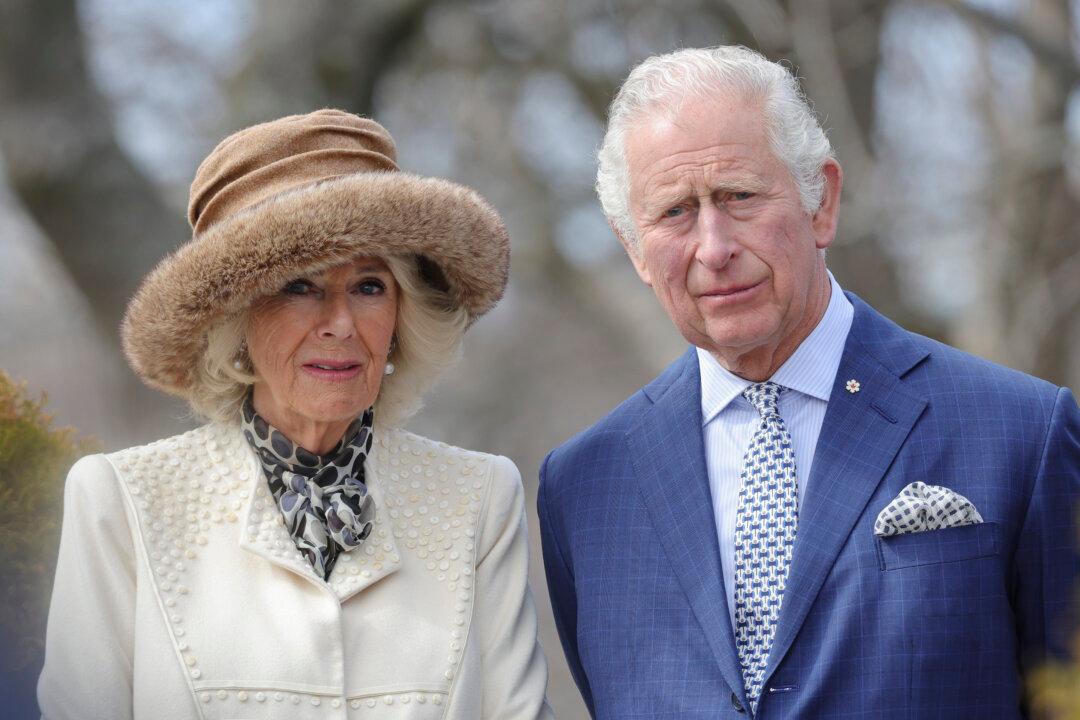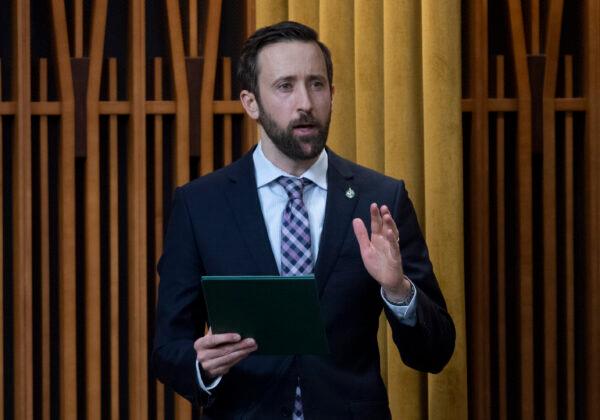Commentary
It’s become something of a cliché for those who have opposed COVID restrictions during the pandemic to say that the cure has been worse than the disease. At the early stages, it might have seemed like a flippant remark in the face of a peculiar contagion that proved to be unpredictable, but now the veracity of this view is undeniable.





